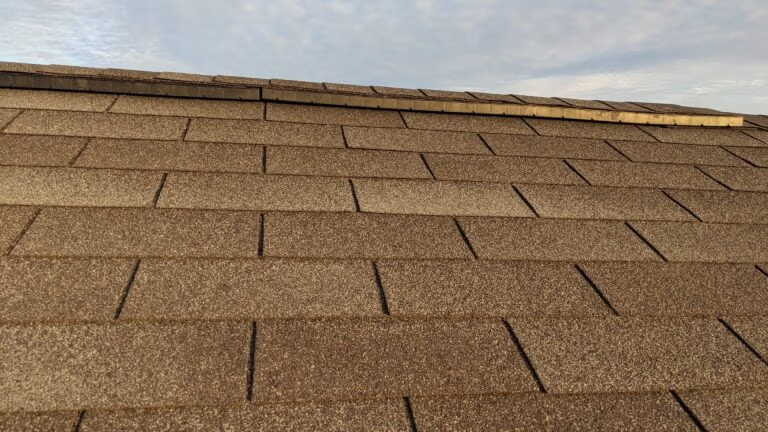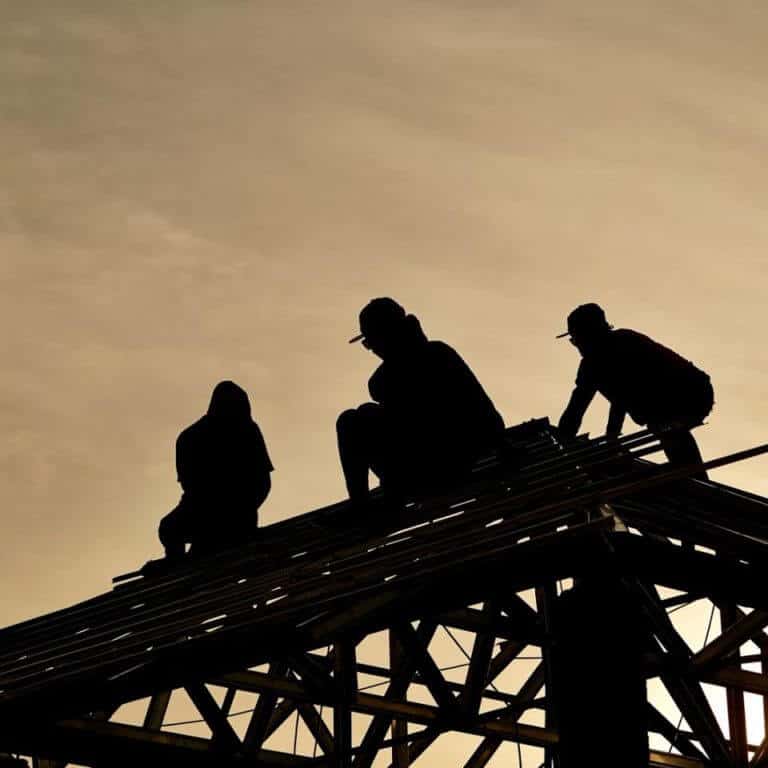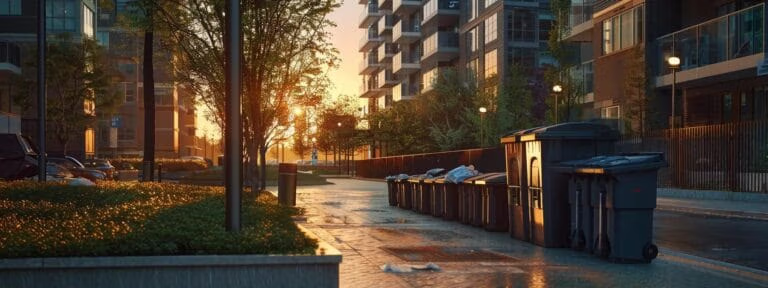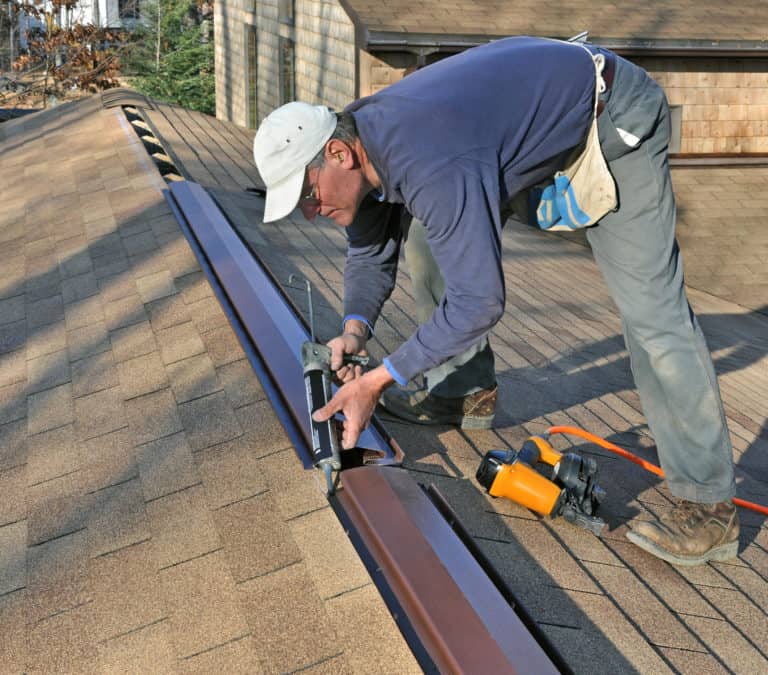A home’s roof is more than just a protective barrier—it’s a crucial element in preserving the structural integrity and efficiency of a building. Weather plays a significant role in determining the lifespan and effectiveness of roof shingles, and understanding these effects can help homeowners make proactive decisions about roofing maintenance and materials.
1. The Science Behind Weather and Shingle Wear
Each type of weather phenomenon interacts differently with roofing materials, causing gradual or immediate deterioration. By understanding how environmental conditions contribute to wear and tear, homeowners can select better materials, schedule timely maintenance, and extend the longevity of their roofs.
2. How UV Radiation Degrades Roof Shingles
Sun exposure is one of the most relentless threats to roof shingles. Ultraviolet (UV) rays cause chemical breakdown in asphalt shingles, leading to cracking, fading, and brittleness. Heat exposure further accelerates this degradation, especially in areas with intense sunlight. Homeowners can mitigate these effects by selecting UV-resistant shingles or applying reflective coatings that reduce heat absorption.
3. The Dangers of Heavy Rainfall and Moisture Retention
Excessive moisture can be one of the most insidious threats to aroofing system. Rainwater can seep into small cracks, leading to mold growth, rotting of underlying materials, and structural weakening. If gutters are not properly maintained, water pooling can accelerate damage. Ensuring proper roof drainage and choosing moisture-resistant underlayment can reduce the risk of water infiltration.
4. Windstorms: A Silent Destroyer
High winds can wreak havoc on roof shingles by lifting, curling, or tearing them off completely. The loss of a single shingle may seem minor, but it can expose the underlying layers to further weather-related damage. Homeowners in storm-prone areas should invest in high-wind-rated shingles that feature stronger adhesive backing and enhanced sealing technology.
5. Snow, Ice, and Freeze-Thaw Cycles
Cold weather introduces a unique set of challenges for roofing materials. Snow accumulation adds significant weight, increasing the load on the roofing structure. Ice dams, which occur when melted snow refreezes at roof edges, can cause water backup beneath shingles, leading to leaks. Proper attic insulation and ventilation can help minimize ice dam formation and prevent excessive stress on the roof.
6. The Effect of Temperature Swings on Roofing Materials
In regions that experience drastic temperature fluctuations between day and night, roof shingles undergo expansion and contraction cycles. Over time, these repeated thermal shocks can weaken the structural integrity of shingles, causing premature cracking. Selecting flexible, high-quality materials can help withstand these fluctuations and prolong roof life.
7. Hail Damage: The Immediate Threat
Unlike gradual weathering, hailstorms can cause instant and severe damage to a roof. Hailstones impact shingles with enough force to strip granules, puncture surfaces, and weaken protective layers. This makes the roof more susceptible to leaks and UV degradation. Investing in impact-resistant shingles can help minimize damage in hail-prone areas.
8. Proactive Roof Maintenance for Weather Resistance
To maximize the lifespan of your roof, proactive maintenance is key. Homeowners should:
- Schedule biannual roof inspections, especially after severe weather events.
- Replace damaged or missing shingles immediately.
- Ensure proper ventilation and insulation to mitigate temperature-related stress.
- Keep gutters and downspouts clear to facilitate proper drainage.
- Consider professional-grade coatings or sealants for added protection.
Conclusion: Future-Proofing Your Roof Against the Elements
Weather is an unavoidable force, but with strategic planning, homeowners can fortify their roofs against the harshest conditions. Understanding the interaction between climate and roofing materials empowers homeowners to make informed decisions regarding installation, maintenance, and repairs. Investing in weather-resistant materials and timely upkeep will ensure that your roof continues to provide strong, reliable protection for years to come.
For expert guidance on roofing durability and maintenance, contact Sellers Roofing Company today!






